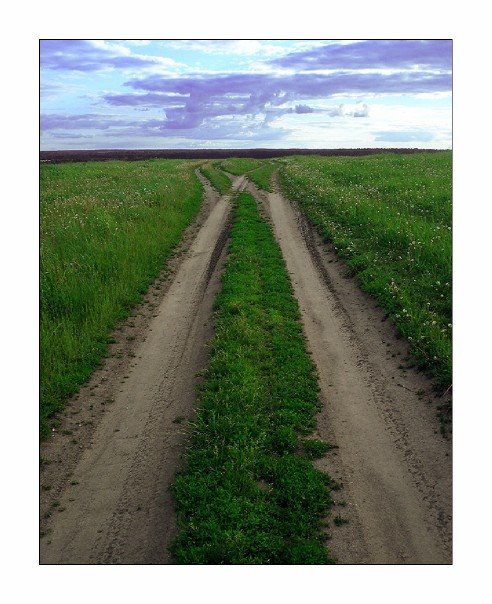MOSCOW (Reuters) - Foreign observers and opposition parties say Russia's parliamentary election was unfair but nobody expects big protests in a country riding the eighth year of an oil boom where political apathy is becoming a way of life.
President Vladimir Putin's United Russia party won a big majority in Sunday's election after a one-sided campaign in which state media and government resources relentlessly promoted the Kremlin line, monitors and independent analysts say.
Europe and the United States demanded an investigation into reports of election irregularities and opposition leaders decried "the dirtiest elections in Russian history".
But few Russians seemed bothered.
"The public is cynical and realizes that dubious tricks are being played but they don't care very much," said Masha Lipman, editor of the Pro et Contra Journal at the Moscow Carnegie Centre think-tank. "Life is better for them right now.
Former chess champion and opposition leader Garry Kasparov denounced Sunday's election while voting was still going on. He appealed for supporters to lay flowers at the Central Electoral Commission on Monday marking the "funeral of Russian democracy".
A few dozen people turned up and the protest fizzled out.
By contrast, around 10,000 youths belonging to Nashi, a pro-Putin youth movement, rallied the same day at the Kremlin walls wearing scarves, jackets and pins bearing Putin's face to celebrate their leader's victory.
Russia's history is dominated by autocratic rulers, from the tsars to the Soviet Communist leaders ushered in by the Bolshevik Revolution in 1917. Ordinary Russians often say they prefer tough rulers who brook little or no dissent.
"We can complain about the unfairness of the election but something we can't do is provide an opposition movement -- the Russian people have to do that themselves," one senior European diplomat said.
The liberal politicians who ruled Russia in the 1990s remain discredited, following the 1998 economic collapse in which many Russians lost their savings. The opposition has been marginalized and faces frequent police harassment at rallies.
Putin's supporters are set to win 393 of the 450 seats in the lower house of parliament. Russia's two liberal, pro-Western parties scored far below the 7 percent minimum needed to get in.
The Kremlin said the low vote was the liberal parties' own fault.
"Unfortunately there was a further collapse of the right," said a presidential spokesman. "It's a real signal they have to do something to get rid of their marginality."
"DIRTIEST ELECTIONS IN RUSSIA'S HISTORY"
Opposition politicians talked tough about unfairness on election day. Communist leader Gennady Zyuganov threatened legal challenges. Other parties were equally scathing.
But the Communists have long seemed content to stay in opposition and the Central Electoral Commission, headed by a Putin ally, quickly declared it had found no major problems.
The complaints about unfairness and cheating led some observers to recall events in neighboring Ukraine, where presidential elections were deemed unfair by voters in 2004.
Ukraine's controversial vote led to street protests which finally led to a re-run of the election and handed victory to the opposition.
Nobody expects a similar outcome in Russia.
"Even at that time (2004) it was totally obvious to any objective observer that there would never be anything like an Orange Revolution in Russia," Lipman said.
"If the stakes are as high as they are for the Kremlin elite to preserve the status quo, you want double, triple, quadruple protection."
Opinion pollsters say many Russians didn't expect a clean election in the first place.
"There won't be any protests," said Natalya Zorkaya, a researcher at the Levada Centre, a polling group. "Those who didn't vote for United Russia anticipated that the election would be dirty and those who did are happy with the outcome."
Subscribe to:
Post Comments (Atom)

No comments:
Post a Comment